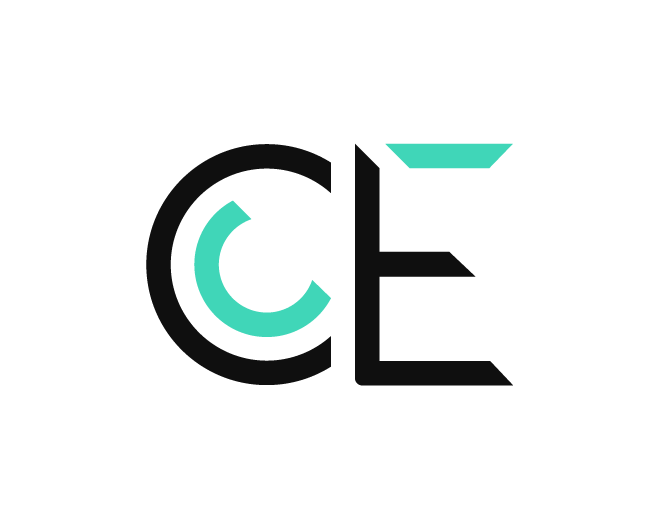Jessica Hall, Reuters
May 08, 2009Fri May 8, 2009 PHILADELPHIA (Reuters) – PepsiCo Inc (PEP.N) may contend that its rejected takeover bids for its two largest bottlers were “full and fair,” but in the end it will likely have to raise its offers if it wants to win one or both of the bottling companies. This week, Pepsi Bottling Group Inc (PBG.N) and PepsiAmericas Inc (PAS.N) rejected PepsiCo’s $6 billion overture to buy the shares in the bottlers that it does not already own. The “M&A dance … is following a familiar choreography. (The) rationale to negotiate a deal remains strong,” Deutsche Bank analyst Marc Greenberg said in a research report. “We also believe (PepsiCo) may pony up slightly more to close quickly, avoid bad feelings or system disruption,” Greenberg said. Pepsi Bottling could fetch $34 a share, and PepsiAmericas $27 a share, Greenberg estimated. Other analysts have been more bullish, saying PepsiCo could afford to pay between $38 and $44 a share for Pepsi Bottling and about $28 a share for PepsiAmericas. By several measures, PepsiCo’s current offer is low. PepsiCo offered $29.50 per share for Pepsi Bottling, and $23.27 per share for PepsiAmericas, which marked a 17 percent premium over the target companies’ closing share prices the day before the bids were made. The average one-day premium for a so-called squeeze out — when a company already owns a stake in the target — is 35.77 percent, according to FactSet Mergerstat. On that basis, PepsiCo offered roughly half the average premium for a squeeze-out deal. “In fact, 2008 was a terrible year for bottler valuations as historical lows were breached, so (PepsiCo’s) offer is still below-average versus historical multiples,” Greenberg said.
Both bottlers recently posted better-than-expected earnings, but their performance over the past year has been weak as volume has dropped with consumers moving away from soft drinks and bottlers imposing price increases. Looking at the offers a different way, Citi analyst Celso Sanchez said historical transaction multiples paid for soft drink deals have averaged about 9-times enterprise value divided by cash flow. PepsiCo’s bid valued the bottlers at 6.7-times. One factor that limits a significantly higher premium is the lack of a rival suitor, analysts said. Since the bottlers and PepsiCo’s businesses are so interdependent, there is no other company that likely to swoop in with an alternative bid. The bottlers “can negotiate for a slightly better offer, but board members will come under fire if they overplay their hand and lose the offer,” Greenberg said. The wiggle room in the offer is the cost-savings or synergies PepsiCo expects to squeeze from the deals. The more PepsiCo can cut costs, the more it can afford to pay for the companies without hurting its earnings. The companies and Wall Street analysts all have different views on the synergies. PepsiCo estimated synergies would total about $200 million, while Pepsi Bottling said the benefits would be “multiples” higher than that.
ConsumerEdge Research analyst Bill Pecoriello estimated that PepsiCo could see $600 million to $800 million in synergies from the deal, while other analysts said PepsiCo could still see synergies as high as $1 billion. PepsiCo has made the offers cross-conditional, meaning that both bottlers must accept the takeover bid or it will not buy either of them. One analyst questioned that conviction. “While PepsiCo argues that acquiring one bottler without the other makes the deal ‘half-strategic,’ we believe that (Pepsi Bottling’s) — which encompasses 75 percent of the U.S. volumes in question here — strategic appeal is very compelling on its own,” Sanchez said. Sanchez sees a 67.5 percent probability that a joint deal is closed, and a 22.5 percent chance that a deal for Pepsi Bottling is done solo, with a 10 percent chance that no deal is reached at all. PepsiCo, Pepsi Bottling and PepsiAmericas could not be immediately reached for comment. (Reporting by Jessica Hall, editing by Gerald E. McCormick)

